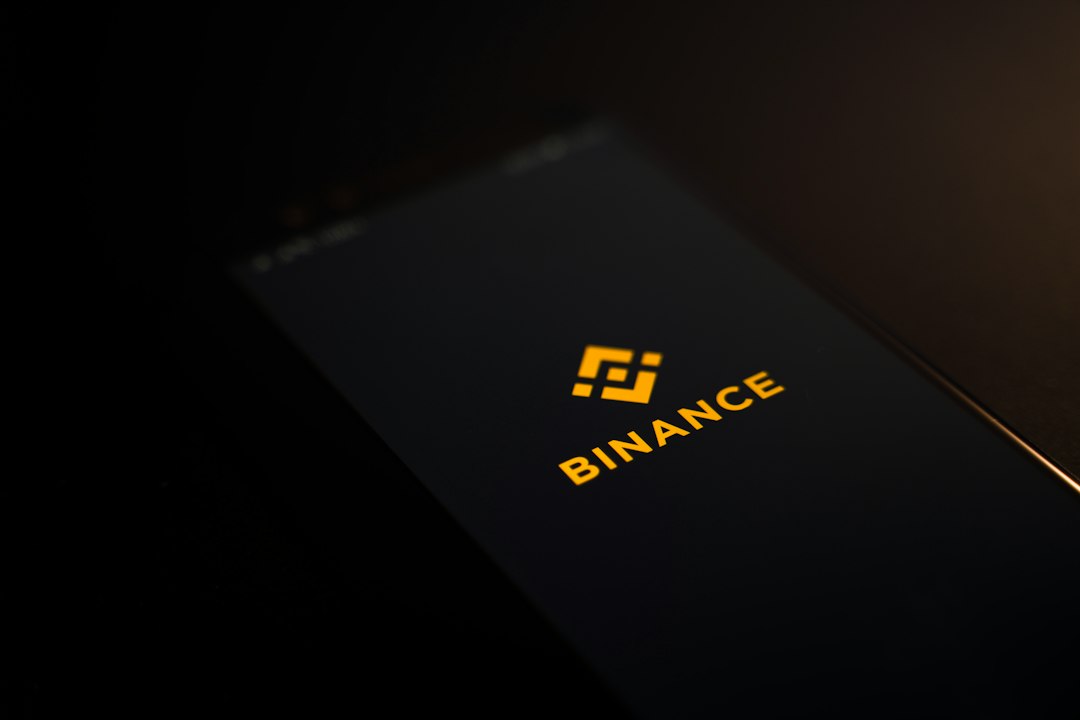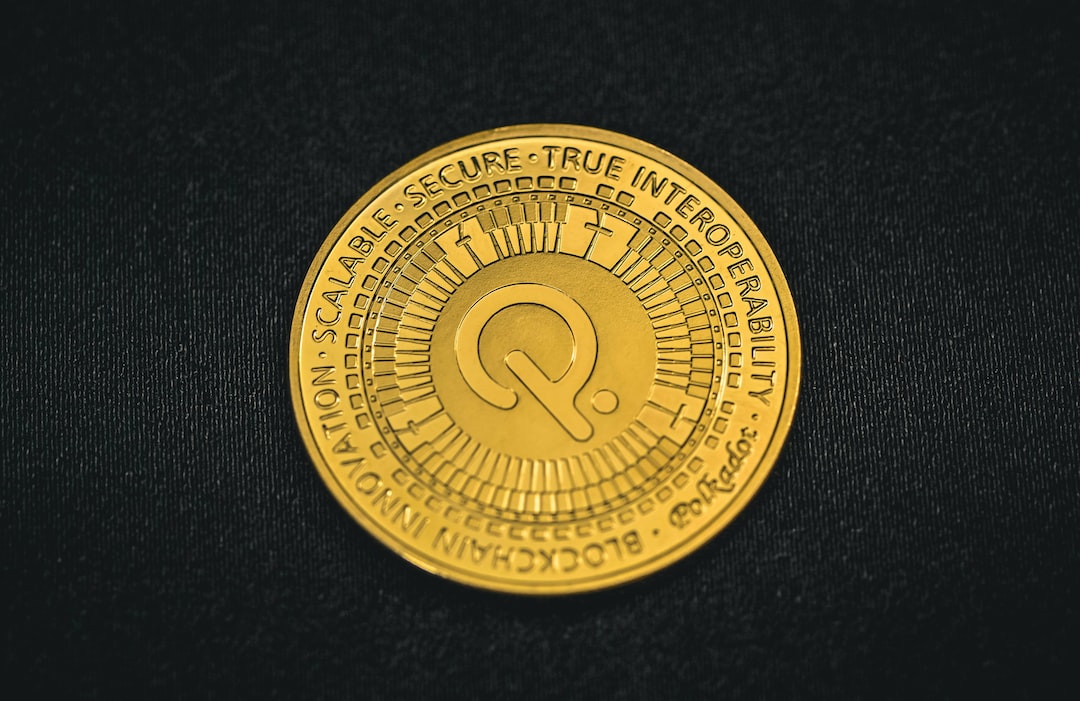Ripple’s Case Against the SEC and the Need for Clarity in Cryptocurrency Regulations
Ripple’s battle against the SEC regarding the classification of XRP has seen some positive developments in July. However, the final decision is still uncertain, leaving the crypto community eagerly waiting for the outcome.
Key Points:
- The recent ruling provides some clarity from the courts, indicating that tokens themselves are not inherently considered securities.
- The focus is on how these tokens are packaged and presented to investors.
- Comprehensive regulations from congressional bodies are still in progress, but the court rulings offer valuable explanations.
- Clear definitions of tokens and securities are essential for governments, regulators, and market participants.
- Central banks worldwide are exploring the implementation of Central Bank Digital Currencies (CBDCs) using blockchain technology.
Karen Ottoni, the Sr. Director of Ecosystem and Strategic Initiatives at Hyperledger Foundation, highlights the significance of clarity in defining tokens and securities. This understanding aids governments, regulators, and market participants in navigating the crypto landscape.
Ripple Labs, along with its senior executives Brad Garlinghouse and Chris Larsen, faced accusations of unlawfully selling securities by the SEC. While the court agreed on some points, there were disagreements in their summary judgment motions.
In the recent update, the Ripple-SEC case parties informed Judge Analisa Torres about their availability for trial. Ripple’s legal team stated their readiness for trial in the second quarter of 2024.
Hot Take:
The ongoing Ripple-SEC case highlights the need for clarity in cryptocurrency regulations. Court rulings provide valuable insights into the classification of tokens and securities, benefiting all stakeholders in the market. As central banks explore the potential of CBDCs, a clear understanding of these concepts becomes even more crucial.





 By
By
 By
By
 By
By
 By
By
 By
By
 By
By